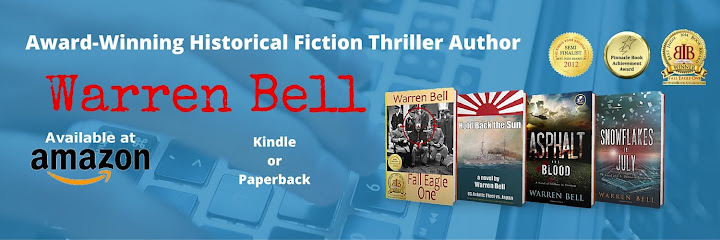In
my childhood, Thanksgiving was truly a family affair. I grew up in a large
extended family whose spiritual anchor was my Grandmother Tatum. A physically small woman, to us Edna Tatum
was an awesome presence. She raised five daughters (Brenda, Olive, Evelyn,
Lorene, and Sadie) essentially alone on an isolated farm outside El Dorado in
South Central Arkansas. Her husband, Miller, worked for the railroad and was
away from home five days a week. This
left Grandma to run everything, including supervising and feeding the hired
hands who worked the farm. Miller didn’t move his family into town because El
Dorado was a rough oil boom-town in those days. He felt his daughters were far safer
out in the country.
After
Miller’s death, Grandma sold the farm to Aunt Evelyn and her husband, Earl
Molsbee, with the condition that she would always have a home there. So on
Thanksgiving, the whole family less Lorene, who lived in far-away Batesville,
gathered at “Aunt Evelyn’s.”
Ours
was a strictly a blue-collar family. My Dad, Jewell Bell, worked as a planing
mill foreman in a lumber plant. Besides running the farm, Uncle Earl worked in
the oil fields. Leonard Goodnight (Brenda’s husband) worked at the local oil
refinery. Ross Martin (Sadie’s spouse) served as a policeman. These men, all survivors
of the Great Depression, were grateful to have jobs that let them put roofs
over their families’ heads and food on the table. To them, Thanksgiving was not
just a holiday. It was a celebration of the blessings they had enjoyed during
the year.
In
those days before television, the men usually sat around the wood stove in the
living room and enjoyed each others conversation. The hardest thing for the
children was waiting for the meal. I was one of four sons who were always
called, “the boys.” Gerald Goodnight was a few months older than my brother,
Tom. Johnny Molsbee was a year younger. I was “tail-end-Charlie.” The one granddaughter,
Darlene Molsbee, was about a year younger than me. She usually hung out with
the women and helped with the meal. If weather allowed, the boys were banished
to the outdoors. There was always lots to do and look at around the farm. I
usually just trailed behind the big boys and tried to do whatever they did.
My
mother and her sisters prepared dinner as a communal activity. Aunt Evelyn usually
furnished the main dish, and the others brought their contributions, some
already prepared, some to be finished just before eating. The menu was about
the same each year. Turkeys were a luxury in those years just after World War
II. Instead, the sisters baked or boiled
chickens ahead of time. Making large pans of cornbread dressing with the broth,
they would tear up the chickens into bite-sized pieces and embed them atop the
breading, then bake the whole thing in the oven. Sometimes, we would have fresh pork roast and
dressing as well. Cream gravy with the cooked chicken “giblets” chopped up in
it went along with these dishes.
The
rest of the menu was pretty traditional: mashed potatoes, home-canned Kentucky
Wonder beans, candied sweet potatoes, fruit salad made by augmenting canned
fruit cocktail with apples, oranges, and bananas, and jellied cranberry sauce.
Desserts were all sorts of pies and cakes. My mother usually took a cake, since
my dad preferred them to pies (except chocolate). My favorite was always the mincemeat pie. All
this bounty would be spread on the big table in Evelyn’s dining room.
We
always had a big turnout. Besides the sisters’ husbands, several other
relatives usually came. One constant was Grandma’s younger brother, Johnny
Ford. His son, Wilmot, frequently came also. Uncle Johnny, a widower who raised
his son alone from infancy, was considered saintly in our family. He always offered the blessing before the
meal. A Methodist, he never failed to enumerate the good things that had
occurred in the previous year. Sometimes, this made the children impatient.
The dining
room and table were too small to accommodate everything at once. As was
customary in those days, the men ate first. According to how many were present,
we children sometimes got to eat with the men. If there were too many, we were
relegated to the “children’s table” in the kitchen. Either way, the women
didn’t eat until everyone else was through. If they resented it, they never let
on. I suppose they just took it as a matter of course. Things would change in
later years.
The
way we lived in the 1940s would probably be considered “poverty” by most of
today’s young people, my grandchildren included. We had no computers, no
television, not even electricity.
Batteries powered our radios and listening time had to be rationed. Our
homes were heated by wood stoves and lighted by kerosene lamps. Only those who
lived in cities had running water and indoor plumbing. But that was how almost
all people who lived in the country existed in those days. We did not consider
ourselves poor. We were thankful for dry
beds and full stomachs and loving families to care for us. Physical things
didn’t seem to matter so much. The world has changed a great deal since the
1940s. Some of it is actually progress.





.jpg)





